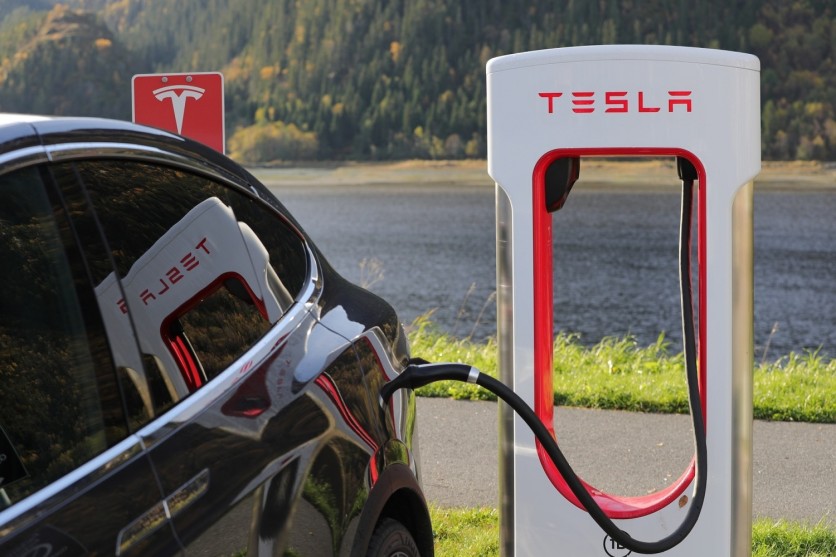Electric Vehicles (EVs) represent a transformative advancement in automotive technology, epitomizing a paradigm shift from conventional internal combustion engines (ICEs) to sustainable and environmentally friendly propulsion systems.
By harnessing the power of rechargeable batteries or cutting-edge fuel cell technology, EVs exemplify a progressive solution to mitigate greenhouse gas emissions and curb the detrimental impacts of climate change.
However, a recent study conducted by researchers at Penn State has shed light on the need for comprehensive research into the equity aspects of EVs.
The researchers found a surprising lack of studies examining the equitable distribution of EV benefits and whether certain populations or areas may be disproportionately affected.

Are EVs fair for everyone?
Amongst a vast collection of 9,838 studies, a mere 48 papers directly tackled the matter of equity in relation to EVs, underscoring the urgent need for more extensive research in this domain.
"We highlighted in our paper what we saw as the most understudied: making equity more explicit as research and, second, we saw a need to focus on those emerging markets and parts of the developing world where EVs are going to be more important," explained Wei Peng, assistant professor of international affairs and civil and environmental engineering.
Although EVs do not emit carbon or harmful gases during their operation, hidden economic and ecological consequences exist.
According to the research team, the electricity used for charging EVs is frequently generated by power plants that may employ carbon-producing systems, often situated at a considerable distance from the actual usage areas.
Furthermore, the production of EVs necessitates mining and manufacturing activities that involve intricate global supply chains, leading to apprehensions about the transfer of emissions and adverse effects to other nations.
The researchers emphasized the importance of identifying populations that could be more affected by these impacts. Factors like location, demographics, and levels of exposure to air pollution should be considered.
For instance, areas with a higher number of elderly individuals may be more prone to the health consequences of air pollution, unlike areas with a larger young population.
Equity Implications of Tech Advancements
Although cleantech solutions are often seen as universally beneficial, this study highlights the importance of thoroughly examining the equity implications of technological advancements.
Anna Lee, an undergraduate student in geosciences, emphasized the complexity of the issue, stating, "Equity is definitely a complex issue that involves better understanding the complex intersections between the transport of power and the manufacturing sector and how these equity implications can greatly differ depending on the geographical location, spatial scale, and other social demographic factors."
Moving forward, the researchers suggest two areas for further investigation. Firstly, more research is needed to assess pollution and health impacts at a fine spatial scale, going beyond quantifying emissions alone.
Secondly, it is essential to comprehend the interrelationships between the transportation, power, and manufacturing sectors in order to obtain a holistic understanding of the specific activities and impacts within the entire value chain of EVs.
The study serves as a reminder that while EVs hold great promise for a sustainable future, a holistic and equitable approach is essential to ensure that the benefits are accessible and fair for everyone.
The study's findings were published in Environmental Research Letters.
Related Article : Tesla Set to Ditch Rare Earth Minerals for EVs

ⓒ 2026 TECHTIMES.com All rights reserved. Do not reproduce without permission.




